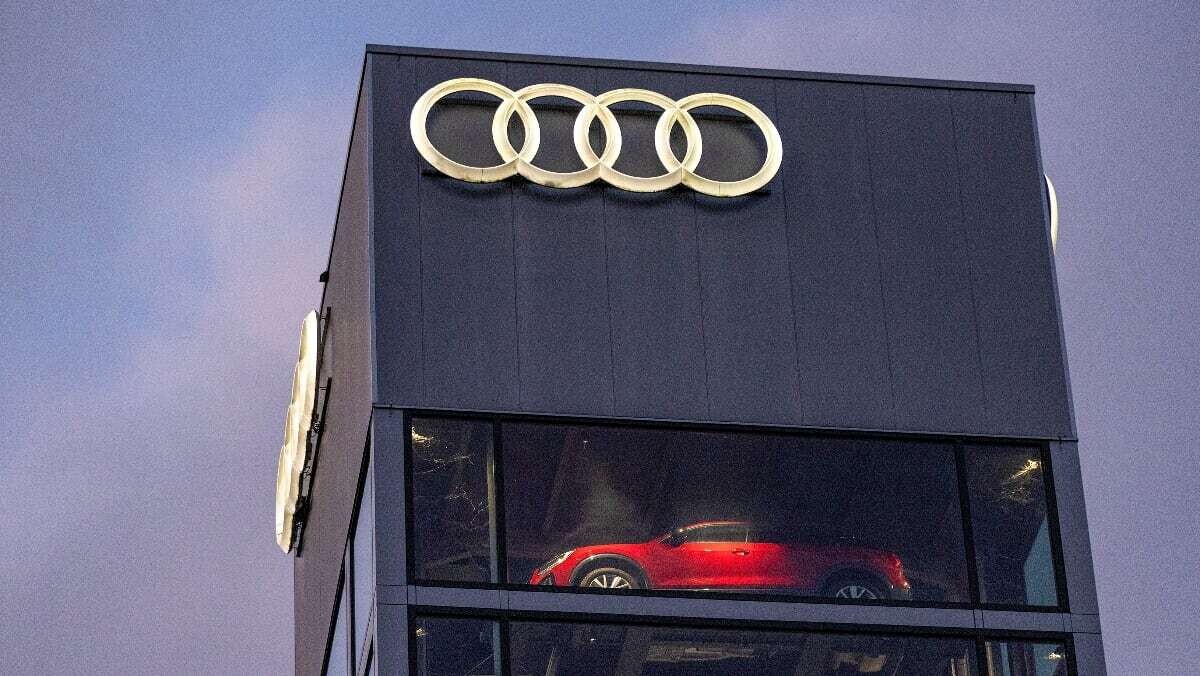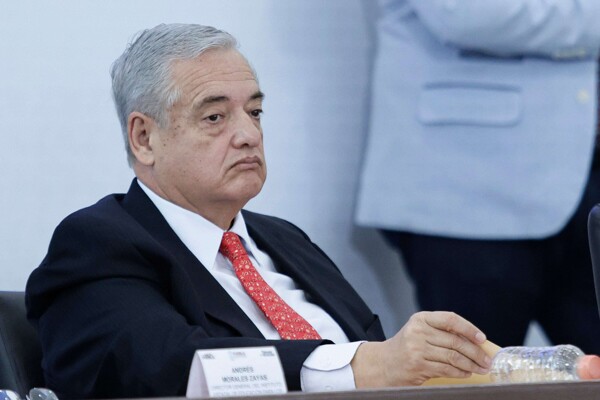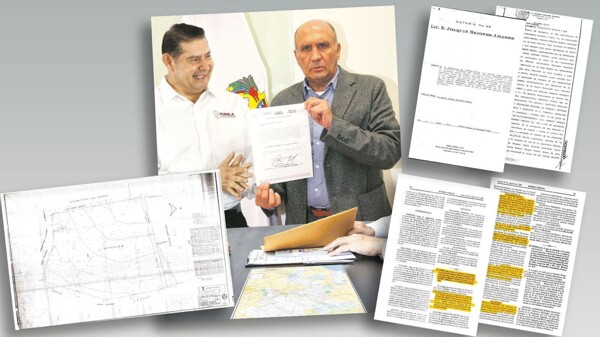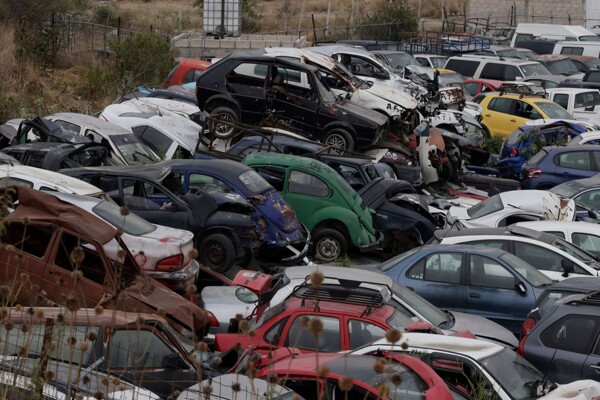
The German company Audi, part of the Volkswagen AG group, is analyzing the possibility of relocating the production of an electric vehicle to its Puebla plant due to low yields reported as a result of the tariffs imposed by U.S. President Donald Trump and increasing competition in China. In the first quarter, Audi recorded an operating margin of 1.5 percent, slightly higher than the 1.1 percent from the previous year.
In this context, both Audi and Volkswagen in Puebla have had to suspend production areas due to a shortage of necessary components to assemble vehicles. The Independent Union of Automotive Industry Workers announced a productive stoppage that will affect the production of key models such as the Jetta and Tiguan, as well as other auxiliary areas.
On its part, the Independent Union of Audi Automotive Industry Workers reported that the brand's trucks have been held up in Mexican customs since April, awaiting a resolution regarding the tariffs and verification that the components comply with the T-MEC regulations. This puts the jobs of 1,400 workers at risk, representing 35 percent of the unionized staff.
Sales of fully electric vehicles from Audi increased by 30 percent; however, U.S. tariffs have negatively impacted the company's results, as well as the production of low-margin electric vehicles and the costs associated with European emissions regulations. Sales in China have significantly decreased, affecting the profitability of brands like VW, Audi, and Porsche.
Audi faces pressure from the Chinese market, weak demand in Europe, and Trump's trade policies that could harm sales in the United States. The company's strategy to cope with the U.S. tariffs will depend on the evolution of taxes in Mexico and the actions of its competitors BMW and Mercedes-Benz.














